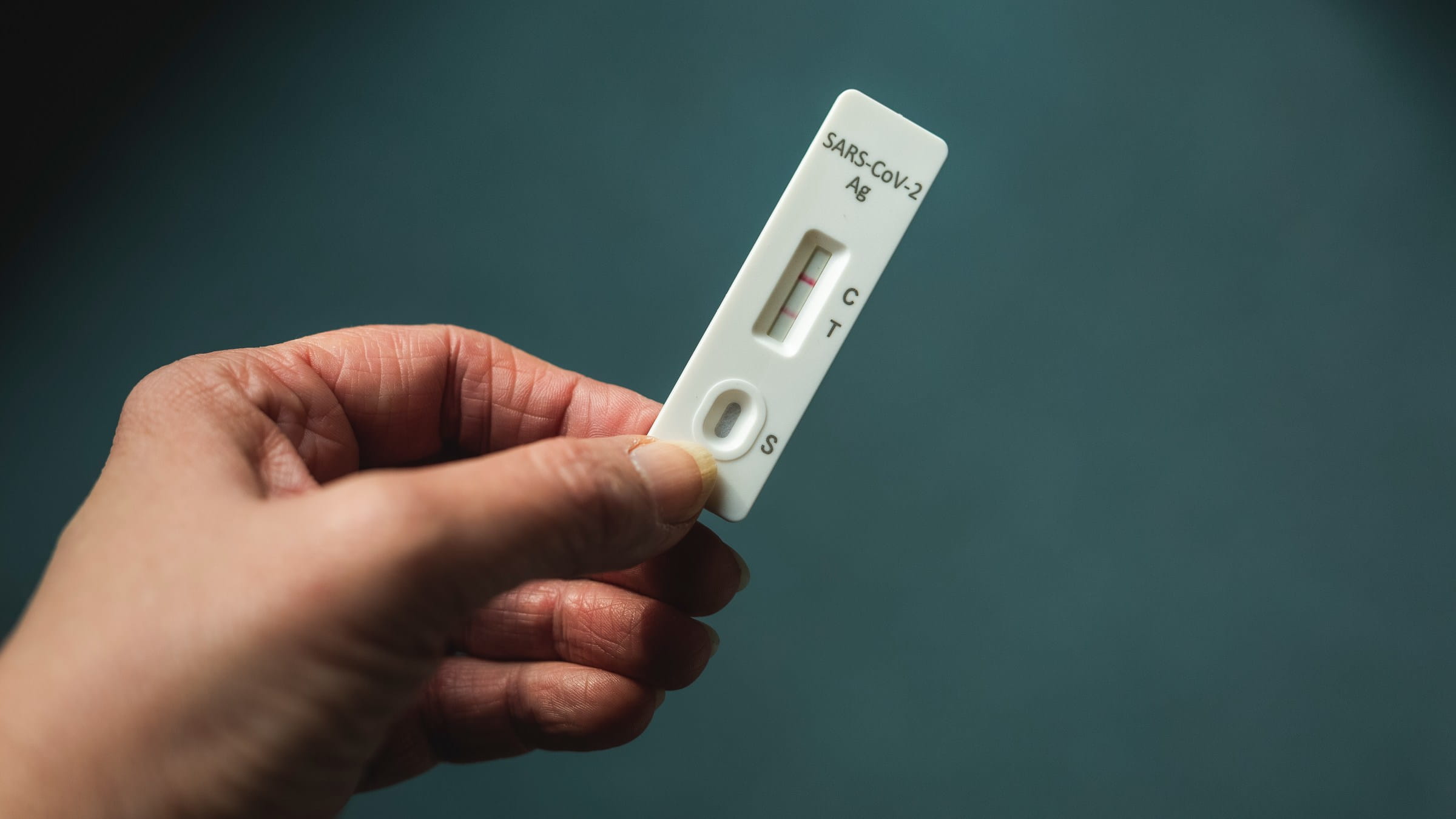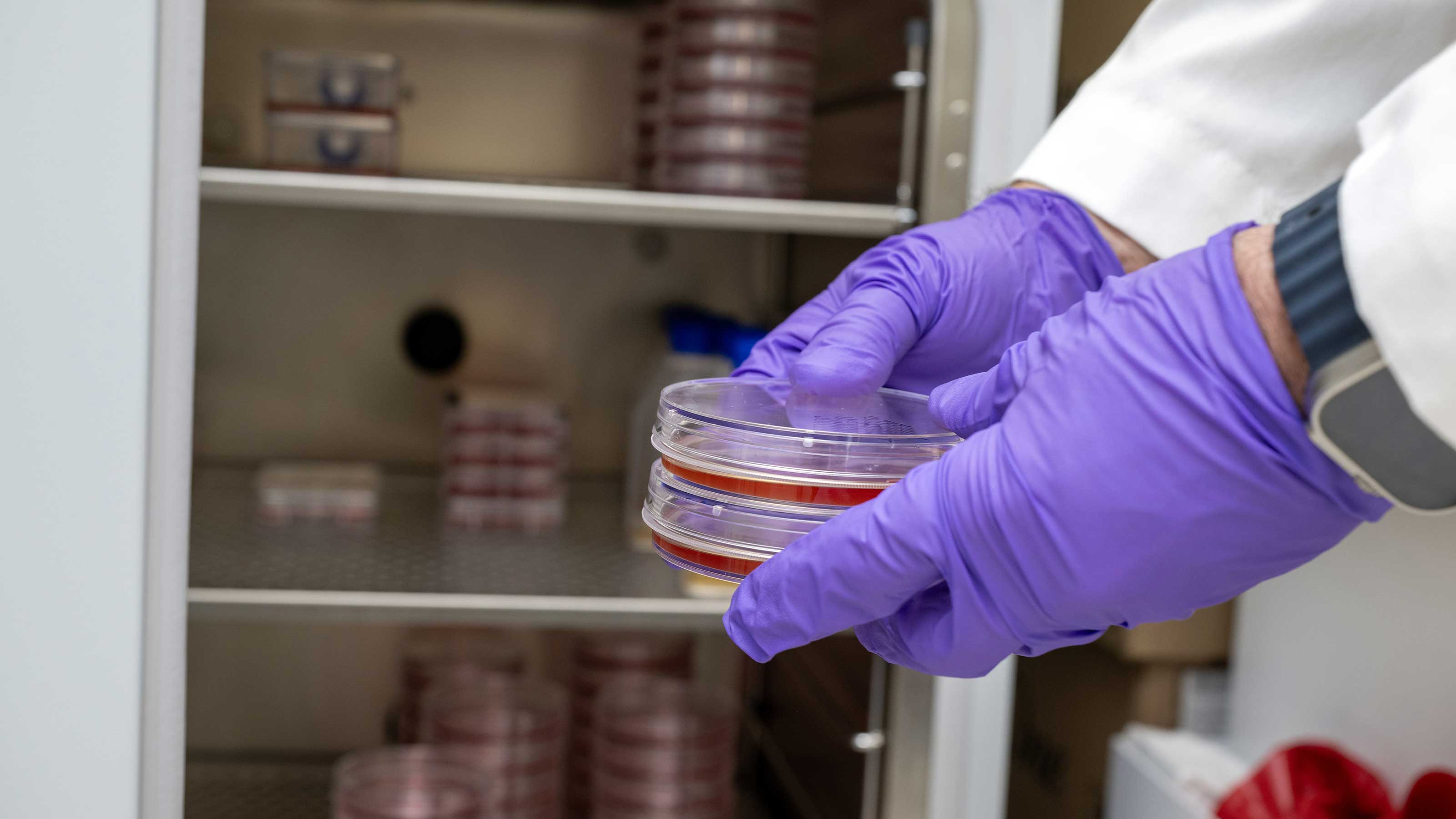
Editor’s note: As what we know about COVID-19 evolves, so could the information in this story. Find our most recent COVID-19 articles here and learn the latest in COVID-19 prevention at the Centers for Disease Control and Prevention. Some photos and videos on this site were filmed prior to the COVID-19 outbreak or may not reflect current physical distancing and/or masking guidelines.
If you recently recovered from COVID-19, you may be thinking, “At least I’m in the clear now.”
Well, not quite. You could get COVID-19 again. And again.
Many viruses can bring on sickness, but then you’re immune to them and won’t catch them again. Not coronaviruses. The family of viruses that includes the COVID-19 virus can infect you more than once.
About three months after you get COVID-19 or receive a vaccine or a booster, your immunity starts to wane, increasing the odds of your getting the virus.
Early on in the pandemic, COVID-19 reinfection was unusual. However, it’s become increasingly common for people to get it again. That’s because new variants of the SARS-CoV-2 virus that causes COVID-19 have become better and better at sidestepping immunity triggered by a past infection or a vaccine.
How the COVID-19 virus mutates
Each time the virus that causes COVID-19 infects another person, it makes copies of itself. Sometimes, in the process of making thousands of copies of itself, mistakes happen and the genetic makeup of the virus changes. Most of those mistakes, also called mutations, die off, but some survive and gain the ability to be passed on. So you could be sickened by that new variation of the virus.
The flu virus acts in a similar way. It, too, constantly changes. You can get the flu one year and get it again the next — just a different version of the flu virus. However, the flu virus, unlike the virus that causes COVID-19, tends to be seasonal — common in the fall and winter. Coronaviruses aren’t. They can infect year-round.
How often can I expect to get COVID-19?
It’s hard to say how frequently someone will get COVID-19. But every vaccination or COVID-19 infection creates some immunity, reducing the rate at which the virus is passed along to another person. In parts of the world where vaccines aren’t readily available, the virus can spread much more easily, making an environment that’s conducive to creating new virus variations. That’s why it helps us all to help supply other countries with the vaccines — these new variants eventually spread worldwide.
Good news: We now have better COVID-19 treatments
Even if the virus that causes COVID-19 continues to change, the good news is that we have a lot more ways to help people who get sick than we did earlier on in the pandemic. Treatments include Paxlovid, an antiviral medication, and monoclonal antibodies, which are molecules made in a laboratory that act as substitute antibodies to help the body in defending against the virus.
How are monoclonal antibodies used to fight COVID-19, and what’s it like to receive them?
The best that you can do is get a vaccine and stay up to date on booster shots. That not only helps you fend off the virus, but it keeps the rate of infection down in the community.

Ready to get vaccinated?
We have appointments available as early as today.
Schedule now




